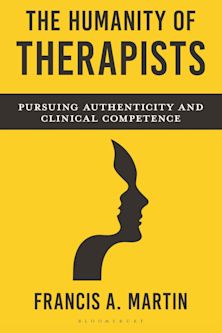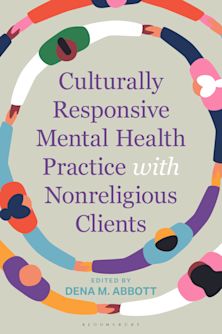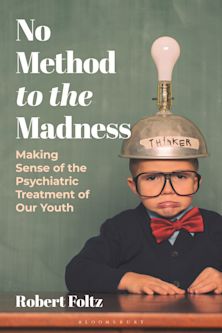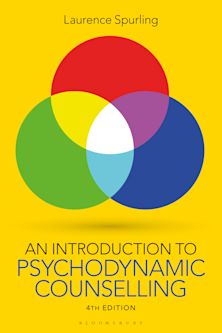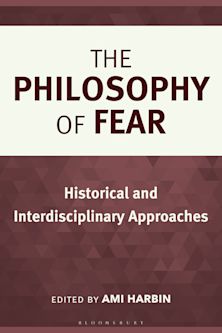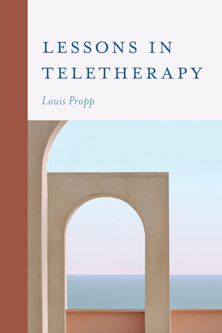Adaptation and Psychotherapy
Langs and Analytical Psychology
Adaptation and Psychotherapy
Langs and Analytical Psychology
This product is usually dispatched within 1 week
- Delivery and returns info
-
Free CA delivery on orders $40 or over
Description
Adaption and Psychotherapy gives a concentrated but complete picture of Robert Langs’s adaptive clinical theory, and also expands Langs’s treatment of adaptation by examining Carl Jung’s theory of adaptation. This book articulates Jung’s positive and clinical understanding of adaptation in a way that allows comparison to Langs’s adaptive paradigm as well as a creative synthesis of the two approaches. The result is a development of Langs’s adaptive paradigm and an expansion of clinical theory and technique that is valuable for both Freudian and Jungian analysts.
Table of Contents
Preface
Introduction
1 On Psyche and Adaptation
Introduction
The Notion of “Psyche” in Early Analytic Theory
Jung’s “Basic Postulates”: The Reality of the Psyche
Understanding the “Unconscious”
On Clinical Interaction, or How Max Scheler Was Ahead of His Time
Conclusion
2 Adaptation in the Early Analytic Tradition
Introduction
Sigmund Freud
Adaptation in Ego Psychology: Heinz Hartmann
Conclusion
3 Robert Langs and Adaptation in Clinical Practice
Introduction
Original Development of Adaptation and the “Adaptive Context”
Central Ideas Derived from Langs’ Understanding of Adaptation
Rearticulating the Analytic Relationship
The “Reality” of Therapy Includes the Therapeutic Frame
The Communicative Fields
Unconscious Communication and Analytic Listening
Two Types of Derivative Communication
Critical Considerations of Langs’ Theory of Unconscious Communication
Clinical Illustration
Clinical Example
Summary
Excursus: Final Phase: Adaptation and Death Anxiety
Conclusion
4 Adaptation in Carl Jung
Introduction
The Concept of “Adaptation” in Jung
On Psychic Energy
Theoretical Assumptions
Progression and Regression of Libido
Langs and Jung
Adaptation in Clinical Practice
Returning to Bruce
Clarifying Adaptation in Jung
Conclusion
5 Adaptation and Clinical Technique
Introduction
What Is and What Is the Value of Clinical Technique?
What Langs and Jung Share
How Langs and Jung Might Supplement Each Other
Incompatibilities between Langs and Jung
Understanding Symbols
Individual and Collective
Adaptation, Clinical Interaction, and Ethics
Conclusion
Bibliography
Index
About the Author
Product details
| Published | Jan 25 2023 |
|---|---|
| Format | Hardback |
| Edition | 1st |
| Extent | 184 |
| ISBN | 9781538117934 |
| Imprint | Rowman & Littlefield Publishers |
| Dimensions | 237 x 158 mm |
| Series | New Imago |
| Publisher | Bloomsbury Publishing |
Reviews

ONLINE RESOURCES
Bloomsbury Collections
This book is available on Bloomsbury Collections where your library has access.












